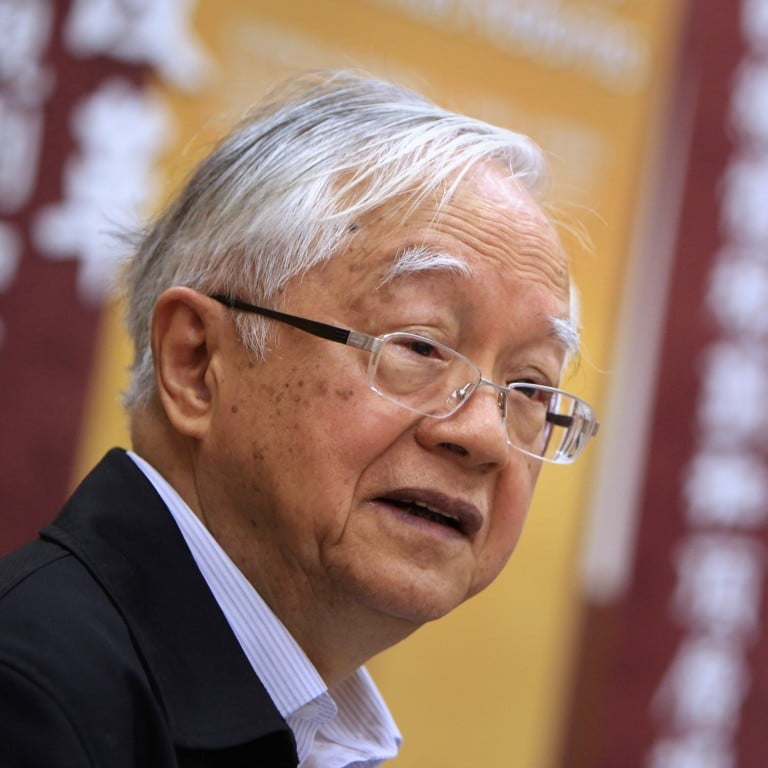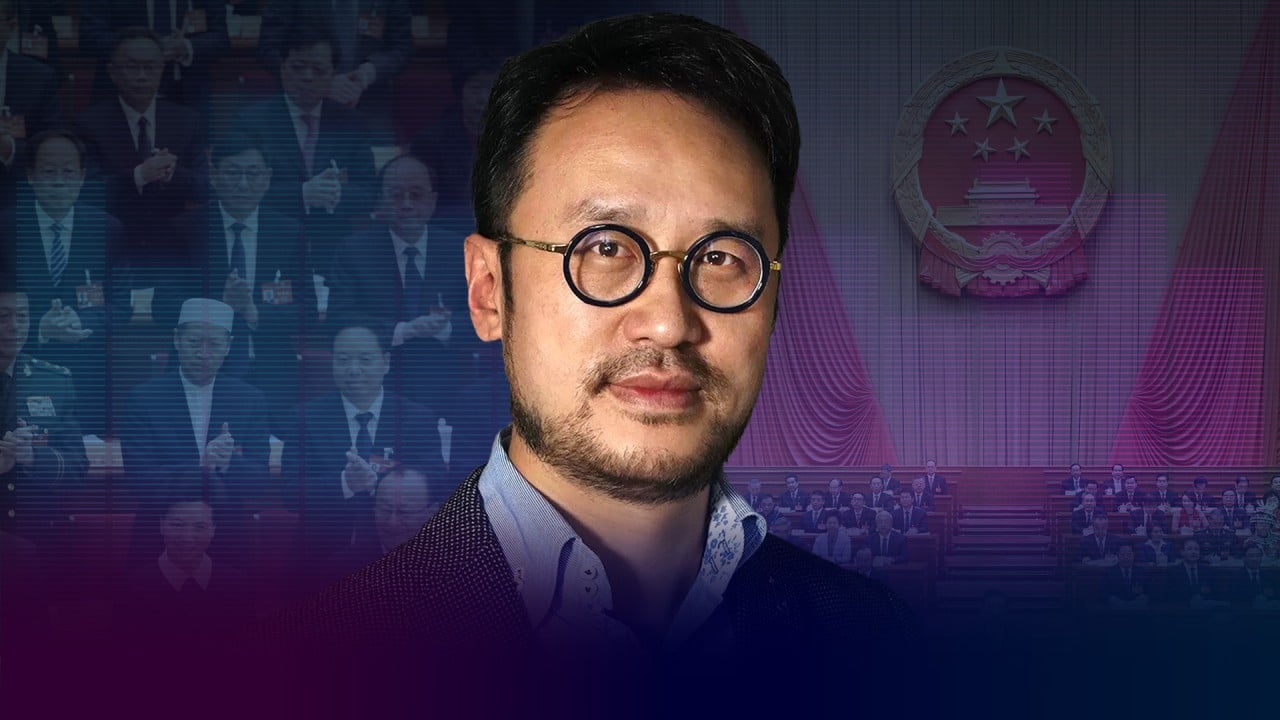
China’s economy must ‘return to basics’ amid tech reform push, outspoken economist Wu Jinglian says
- Veteran economist Wu Jinglian, 94, was asked for his views on how China should proceed in transforming its economy
- The discussions focused on the relation between President Xi Jinping’s ‘new quality productive forces’ and reform and opening-up policies
One of China’s most outspoken and liberal economists has called for the Chinese economy to “return to the basics” by building an “open, competitive and orderly” market.
Wu Jinglian, 94, believes the key lies in the “reform of the economic system, transformation of the growth model” and is dependent on the form of the market and the rule of law.
“Right now, it is important to coordinate all short and long-term policies and make building a unified, open, competitive, orderly market system a core mission,” Wu said in the March issue of the Exploration and Free Views academic journal.
“[China] should seize the new wave of tech reform, and push further on reform and opening up.”
Actions still louder than words for foreign firms, expats as China ups the ante
Wu was quoted among his peers for his views on how China should proceed in transforming its economy.
Wu was a key adviser to the Chinese government from the 1980s during China’s famous reform and opening-up movement, which was one of the most important governance legacies of China’s late paramount leader Deng Xiaoping, that helped transform China into the world’s second-largest economy.
However, overseas questions remain over China increasingly swaying away from the direction of an open market.
Reforms suggested by pro-reformists over the years include raising the retirement age, reforming state-owned enterprises and the hukou household registration document, and also the removal of market entry barriers for private firms.
And despite appearing less in public events in recent years, Wu continued to speak about implementing Beijing’s 2013 reform document, which for the first time mentioned letting the market play a “decisive” role in the economy and set out 336 detailed reform tasks.
A report published by the US-based Rhodium Group in February suggested that results of China’s efforts to turn into a “market-based” economy were mixed, as the government had made “meaningful” progress in attracting foreign investment, but had not addressed structural problems that resulted in mounting local government debt.
‘Too soon to let our guards down’ for China’s economic recovery despite uptick
International Monetary Fund managing director Kristalina Georgieva called for “deep structural reforms” to “enhance conditions for entrepreneurship, innovation and economic performance” during the China Development Forum in Beijing last month.


